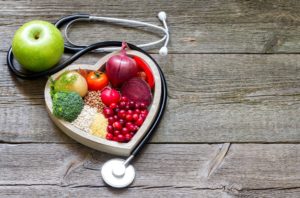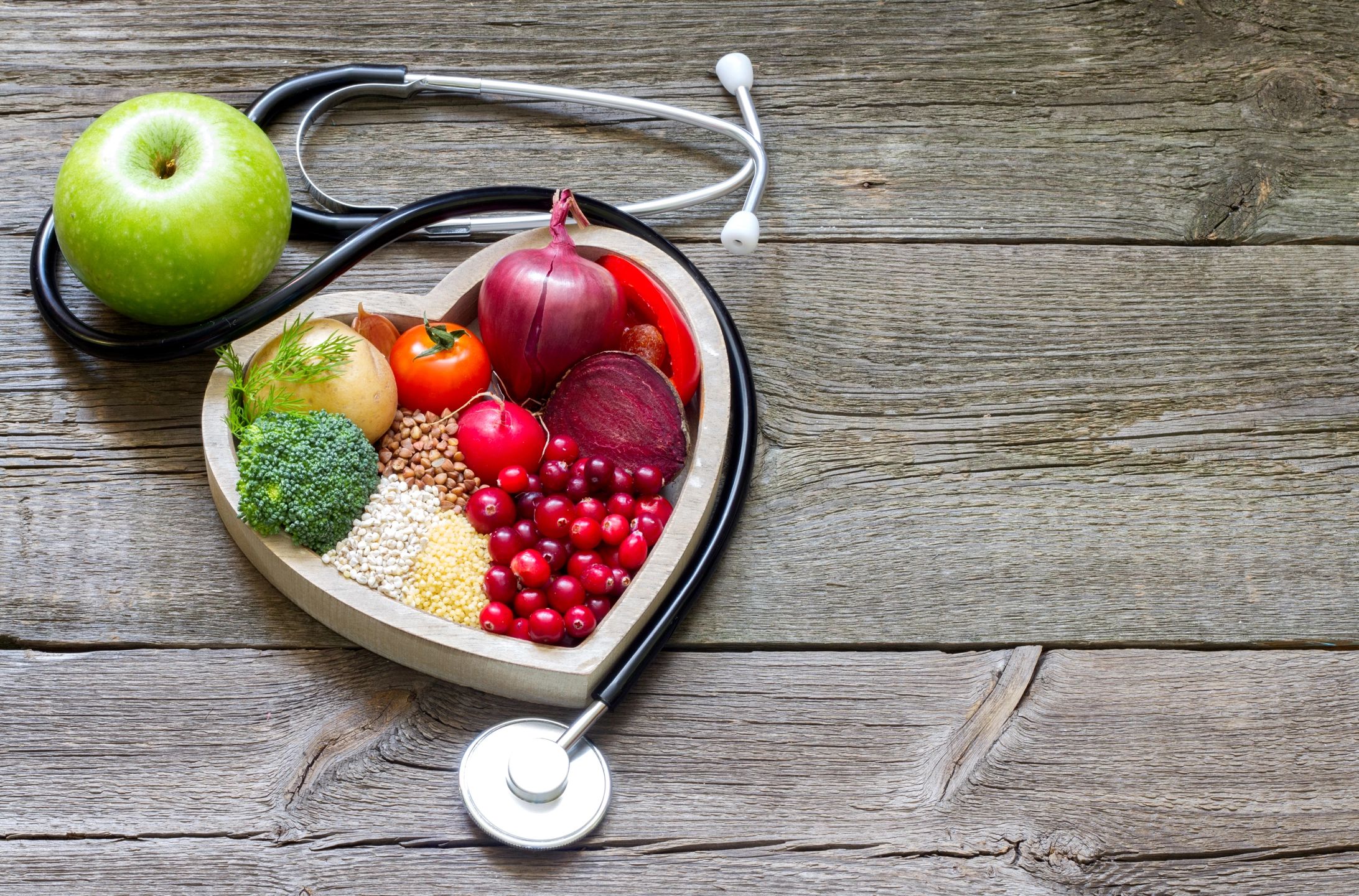
Heart attacks are the number one killer of people in the United States. High blood pressure, lack of exercise and age are often all contributing factors. But it’s important to realize that men and women are different in this scenario. Neither gender has the same symptoms. This article only pertains to those symptoms of women. While heart attacks are never pleasant, it’s good to be prepared. Learn how to spot an attack when it comes on.
First, there is heavy discomfort in the chest. It feels like the chest is squeezing. For women this may appear all throughout the chest; for men, it most commonly occurs on the left side. It feels as if the chest is getting tighter and more compact. This may be lead to a shortness of breath. You find yourself gasping for air, especially as you lie down on a bed or the floor. Cold sweats may break out as you come over with a clammy feeling.
Another symptom may be a pain the neck, jaw or back. It’s important to note that women can have pain in either arm, whereas men generally have pain only in their left arm. When a woman has severe back pain related to a heart attack, it spreads to the arms. This pain can often be so severe that it awakens you from a restful sleep. It could appear in your neck or jaw as well, but don’t overlook it. It’s not because you slept on your pillow wrong or you didn’t floss the night before. This pain is real and you need to call 911.
Unusual fatigue is another common symptom. Many women have a busy routine. They hustle their children to school and activities, hold down a job and take care of the house. But suddenly you feel like a two-ton truck ran over you—and backed over you again. This heavy fatigue could be a sign of a heart attack. Unusual fatigue comes on when tasks like making the bed make you tired. While you aren’t overexerting yourself, even the lightest of activities is too much. If you feel chest pains, sit down. Take a breath and relax. If they get severe, call an ambulance.
Pain may also occur in (or around) your stomach. When women have heart attacks, it’s common to have nausea and vomiting. There may also be a pain in the belly or above the belly button. This pain is not related to indigestion and should not be overlooked. Instead, it is pain that has spread from your chest. Your body is trying to warn you that you are in danger of having a heart attack. Likewise, this will not be an isolated pain. At this point, you most likely have pain somewhere else in your body.
Finally—and this shouldn’t be a surprise—you have anxiety. You’re scared or nervous about what may happen. Maybe you’re alone or your spouse isn’t home yet. Your phone may be in another room. There are all kinds of scenarios at which a heart attack could claim a life, but don’t allow it to claim yours. Your life is worth living. Do whatever you have to do in order to get help. Use your voice. If you have strength, bang or beat on something. Get into the ambulance and get to the hospital. Heart attacks are surprised killers, but you don’t have to be its next victim. [email protected]



































